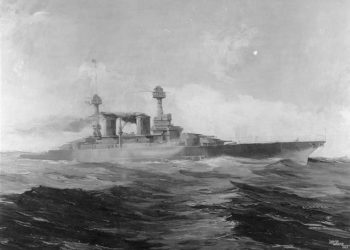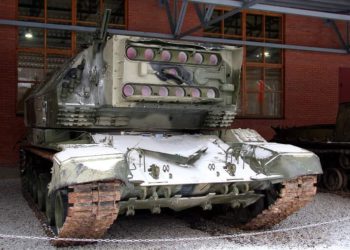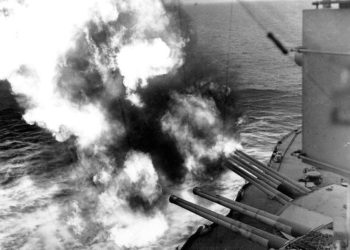
4th of July
Celebrating Independence Day
Every year on the 4th of July, people across the United States celebrate Independence Day. This day marks the historic moment in 1776 when the Thirteen Colonies declared their independence from British rule by adopting the Declaration of Independence.
The 4th of July is a day filled with festivities, including fireworks, parades, barbecues, and family gatherings. It is a time for Americans to come together and celebrate their freedom and the principles upon which the nation was founded.
John Adams, one of the founding fathers and the second President of the United States, famously wrote that the day should be commemorated “with Pomp and Parade, with Shews, Games, Sports, Guns, Bells, Bonfires, and Illuminations from one End of this Continent to the other from this Time forward forever more.”
Today, the 4th of July remains a vibrant celebration of American patriotism, liberty, and the enduring spirit of independence.
The Historical Context
The American Revolution was a complex and multi-faceted conflict that spanned several years. The Thirteen Colonies had grown increasingly displeased with British rule, particularly due to high taxes and a lack of representation in Parliament.
In 1775, the conflict took a violent turn with the battles of Lexington and Concord. This marked the beginning of armed resistance against British forces. The subsequent year saw the Continental Congress convene and ultimately draft the Declaration of Independence, primarily authored by Thomas Jefferson.
The Declaration was officially adopted on July 4, 1776. This document laid out the philosophical justifications for the colonies’ break from Great Britain, emphasizing the inherent rights of individuals and the belief that government derives its power from the consent of the governed.
While the war would continue until the signing of the Treaty of Paris in 1783, the 4th of July remains the most significant date in America’s journey toward becoming a sovereign nation.
Modern-Day Celebrations
Modern-day celebrations of Independence Day are multifaceted and diverse. Fireworks remain one of the hallmark features, with cities and towns across the nation hosting grand displays that light up the night sky. Major metropolitan areas like New York City and Washington, D.C., are famous for their spectacular fireworks shows.
Parades featuring marching bands, floats, and community groups are also a common sight on the 4th of July. These parades often reflect the unique cultural heritage and traditions of different regions across the United States.
Barbecues and picnics are staple activities, with families gathering to enjoy grilled foods, cold beverages, and summer treats. Many people take the day off work to relax, spend time with loved ones, and reflect on the importance of the holiday.
From small towns to big cities, the 4th of July continues to be a day that unites Americans in a shared sense of history and national pride.
Happy Treason Day?
A playful and humorous tradition among some on the internet involves referring to Independence Day as “Happy Treason Day.” This phrase is often used in good fun, particularly by those with British sympathies or connections, poking fun at the fact that the holiday commemorates what was, essentially, an act of rebellion against the British Crown.
While the phrase is used humorously, it also serves as a reminder of the complex historical relationships that continue to influence contemporary cultures on both sides of the Atlantic.
In conclusion, whether you call it Independence Day or “Happy Treason Day,” the 4th of July is a significant date that celebrates the rich history and enduring spirit of the United States of America.










